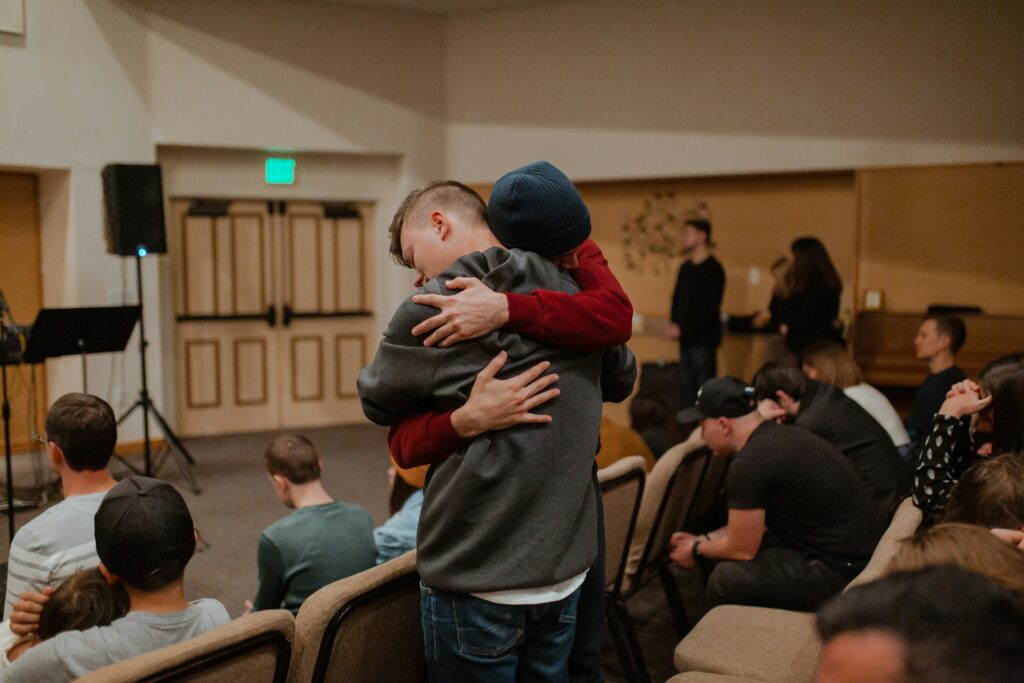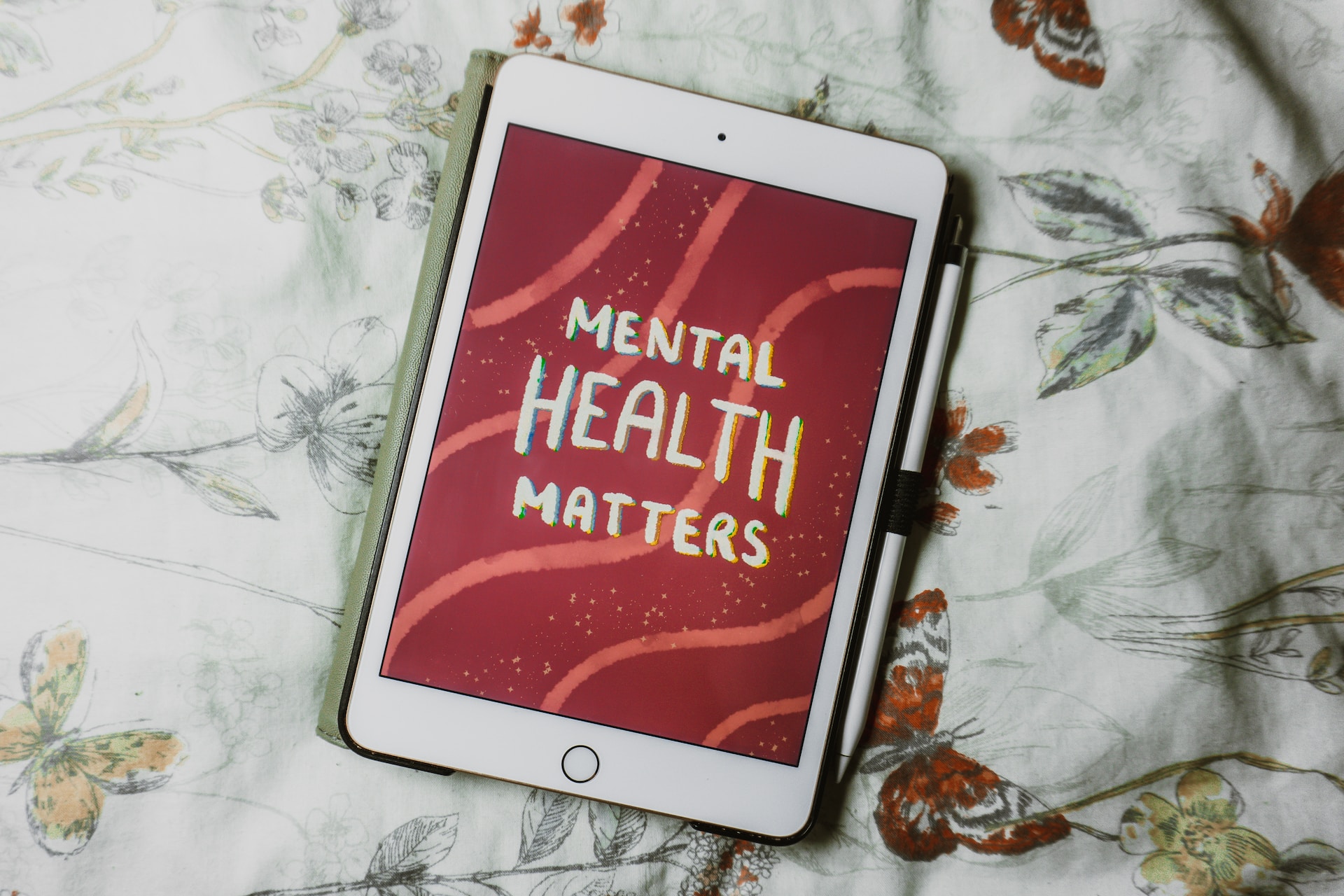Drug and alcohol addiction is a chronic, brain-centered disease that carries psychological and social components. It’s also an exceptionally common problem and serious public health crisis that affects millions of people in the United States at any given time.
In 2018, nearly 19 million adults and adolescents in the U.S. needed help for substance abuse and dependency. Of these, just under one million people (5%) recognized that they needed treatment — and only about 392,000 people (2%) went on to receive professional care.
Our addiction experts at EXIS Recovery understand just how daunting it can be to seek help for a substance use disorder (SUD), especially when you don’t know much about your treatment options.
While there are many helpful interventions for addiction, studies show that a customized treatment plan that includes the right combination of evidence-based therapies tends to be most effective.
With that in mind, let’s explore five common components of care in SUD recovery:
Getting drugs or alcohol out of your system is usually the first step toward recovery. Substance detoxification — also known as withdrawal therapy — is supervised by specialists who manage withdrawal symptoms and side effects, provide emotional support, and ensure patient safety.
The type of substance you’re withdrawing from as well as the severity of your addiction help determine the treatment approach that’s right for you. Some people can detox safely on an intensive outpatient basis, while others may need to take part in a partial hospitalization program (PHP) or a full residential (inpatient) treatment program.
MAT is a form of medical detox that specifically addresses opioid and alcohol use disorders. This therapy uses FDA-approved medications, including buprenorphine, naloxone, and naltrexone, to block substance-induced euphoria and reduce or prevent withdrawal symptoms.
When combined with counseling, talk therapy, and other effective treatment strategies, MAT can drastically decrease your risk of relapse and boost your long-term recovery efforts.
As a structured form of form of psychotherapy that helps you explore the habitual thoughts and behaviors that take place “in the here and now,” CBT teaches you how to identify and control the harmful thought patterns that lead to negative emotions and counterproductive behaviors.
By giving you the insight, tools, and self-confidence boost you need to recognize and change maladaptive behaviors, CBT helps you develop effective coping skills for risky situations so you’re less likely to relapse. These skills can be equally beneficial for dealing with co-occurring mental health issues like depression and anxiety.
If you do have depression, anxiety, a psychotic disorder, post-traumatic stress disorder (PTSD), or another co-occurring mental health condition, DDT is a critical foundational element of your road to recovery as well as your long-term sobriety.
Beginning with an accurate and complete diagnosis, DDT seeks to find the best combination of interventions, treatments, and therapies for your intertwined disorders. The ultimate goal of DDT is to help you untangle the interconnected bonds of addiction and mental illness so you can heal, find your balance, and rediscover your personal power.
As a complex and chronic illness, addiction comes with an inherent risk of relapse and recurrence. Luckily, there’s a lot you can do to mitigate that risk so you can maintain your recovery and keep your life on track.
Most people experience sobriety and recovery as a fluid state of being that often grows stronger with every success and bows under extreme stress. The key to a sustained recovery? Not allowing one small misstep to send you spiraling toward relapse.
Whether it’s in the form of small group therapy, day treatment, experiential therapy, or something else, continuing care — also known as aftercare — helps you overcome the kind of minor slip-ups that can lead major setbacks.
If you’re ready to gain the upper hand over addiction, our team at EXIS Recovery can help. Call 424-382-0848 to reach our West Los Angeles office today, or use online booking to schedule a visit with one of our trusted mental health experts any time.






